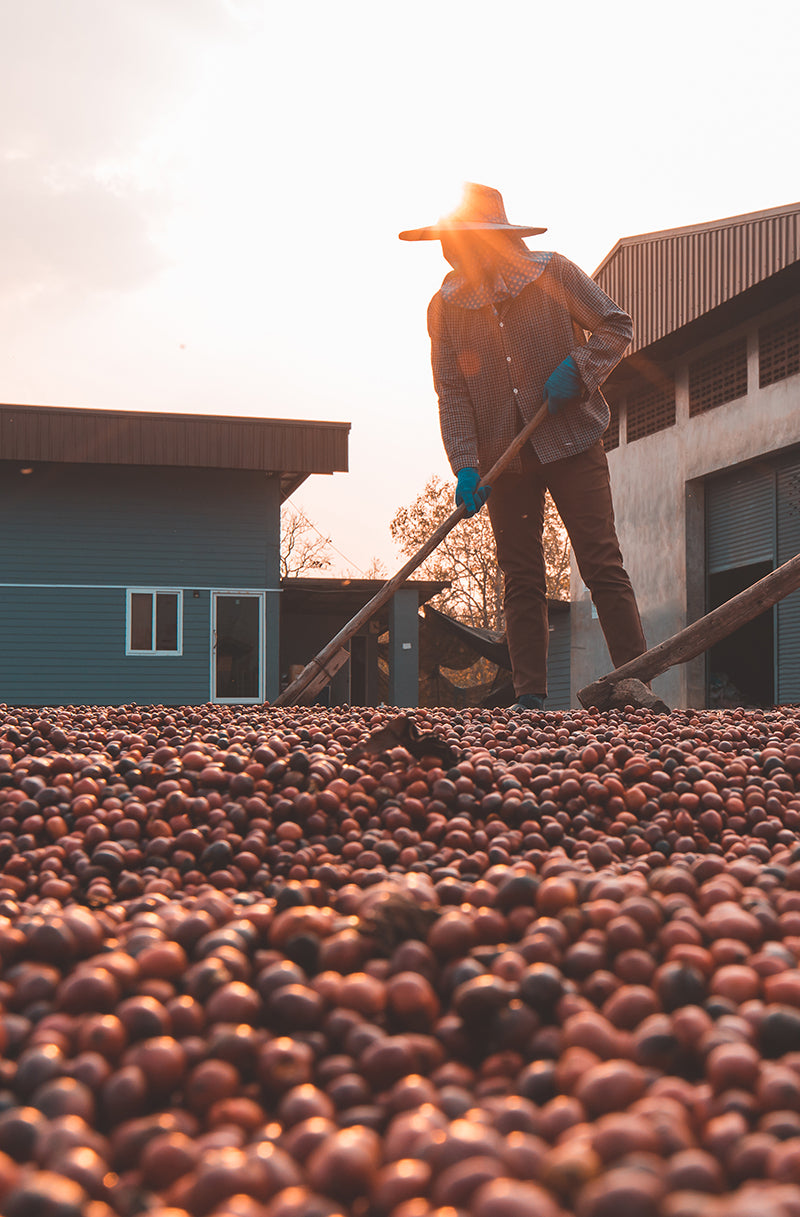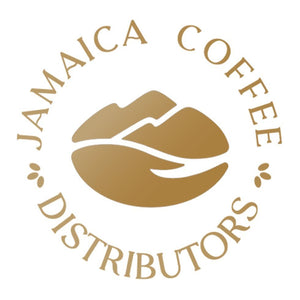-
 files/hurricane_melissa_jamaica_coffee.jpg
files/hurricane_melissa_jamaica_coffee.jpg
Supporting Our Coffee Farmers, Today and Always
Through rebuilding and recovery, we remain committed to supporting the growers who bring our coffee to life.

We Stand With Jamaica’s Coffee Farmers
As a UK-based reseller of authentic Jamaican coffee, we are committed to standing alongside the farmers who make this industry possible. In the months ahead, we will be supporting growers in Jamaica as they rebuild and restore their land, helping to repair damaged farms, replant trees, and strengthen long-term resilience. A portion of our sales will be directed toward community-led recovery funds and agricultural support initiatives, ensuring help reaches the people who need it most. By continuing to source and sell their coffee, we are not only maintaining vital income streams for farming families, but also preserving the heritage, craftsmanship, and cultural pride behind every bean. Together, we can protect the future of Jamaica’s coffee.
Early assessments point to significant disruption in the Blue Mountains, the home of Jamaica’s most famous coffee. Reports note washed-out and damaged mountain roads—including routes serving coffee factories—hindering farm access, cherry movement, and milling schedules. Industry voices estimate losses in the Blue Mountain coffee sector approaching J$1 billion from Melissa’s wind and rain.
Farm-level damage: what growers are seeing
Landslides & erosion: Slopes above 900–1,500m experienced slips that uprooted shade trees and exposed coffee roots, increasing stress and future yield risk.
Wind stress & strip-picking: Gusts shook ripe and near-ripe cherries from branches, reducing immediate harvest volumes.
Infrastructure hits: Feeder roads, footpaths, and small bridges were damaged, slowing picking crews and truck access to pulperies.
These patterns mirror the agronomic damage seen after Hurricane Beryl (July 2024)—uprooted shade, scouring, and tree bending—though Melissa’s road and landslide impacts appear especially acute for Blue Mountain logistics.Production & supply: what to expect this season
Short-term delays: Even farms with intact trees face collection and processing delays due to blocked or unstable roads. Expect irregular cherry deliveries and potential quality pressure if wet-milling timelines slip.
Selective quality impacts: Lots harvested just before Melissa should be unaffected; later pickings may show lower yields or higher defect risk where wind damage occurred.
Exports & availability: With logistics constrained, some SKUs (microlots, peaberry, estate-specific) may face limited availability or staggered release while mills clear backlogs and rebuild access.

How You Can Support Jamaican Coffee Now
Buy certified Blue Mountain coffee from trusted exporters/roasters who work directly with farms—your purchase sustains cash flow during repairs.
Be flexible on shipments/lots: Accepting adjusted timelines or alternative estates helps mills keep people employed and quality high.
Support relief & resilience: Industry groups and local partners are funding road repairs, slope stabilisation, and farmer assistance programs after Melissa
Our commitment to continuous improvement drives us to enhance every aspect of our operations. We are dedicated to refining our sustainable practices, expanding our support for coffee farming communities, and increasing transparency in our supply chain. By consistently evaluating and upgrading our initiatives, we strive to create lasting positive impacts, ensuring that our efforts benefit both the environment and the farmers we work with.

Our Commitment
We’re working with Jamaican farmers, mills, and exporters to prioritize safety, maintain quality, and share transparent updates on availability. Thank you for supporting a community that hand-picks, washes, and roasts one of the world’s most iconic coffees.

